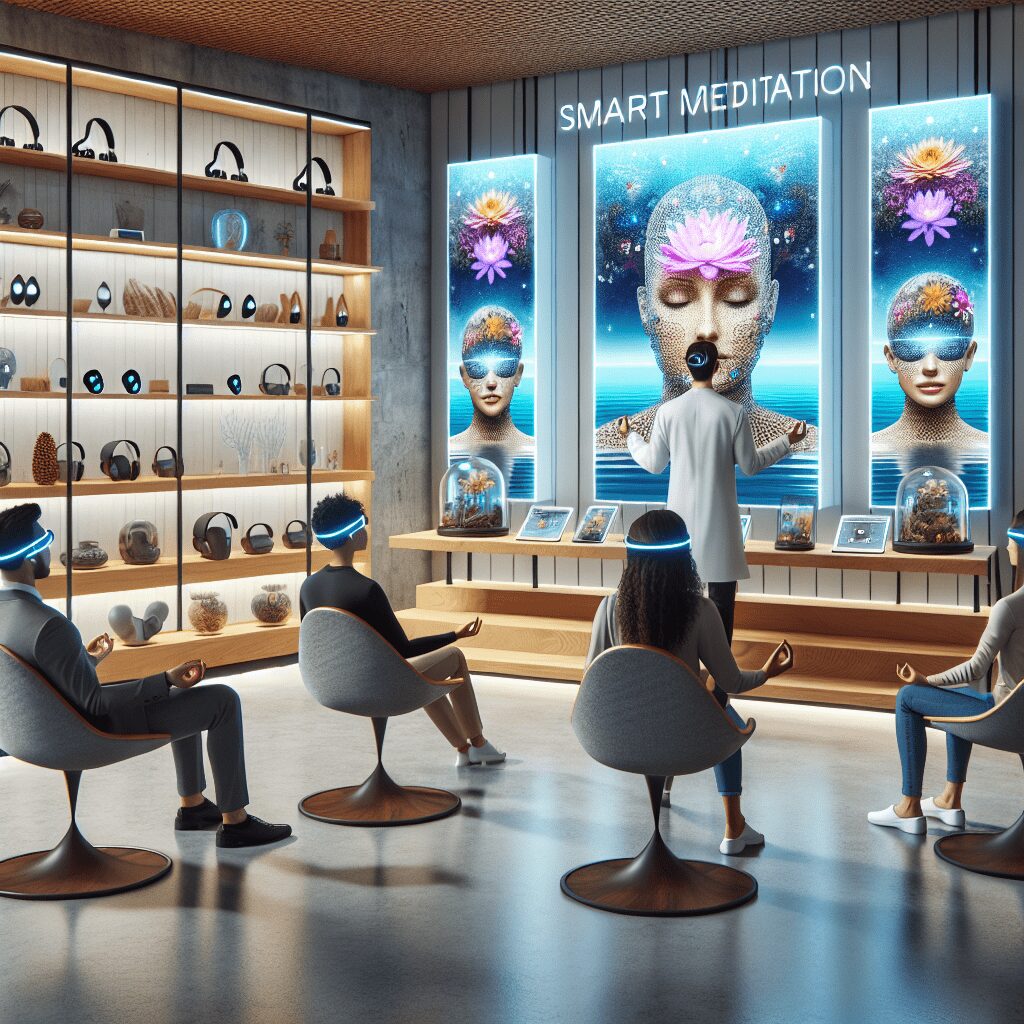
Prioritize your mental well-being daily. Enhance your life by nurturing your mental health with the Smart Meditation app. Break free from stress, alleviate anxiety, and enhance your sleep quality starting today.
What The Difference Between Sleep And Meditation?
Unraveling the Mysteries: Sleep vs. Meditation
In a world that’s always on the go, finding moments of tranquility can feel like a treasure hunt. Among the myriad ways to seek solace and rejuvenation, two practices stand out in their simplicity and accessibility: sleep and meditation. Though they share a common ground in promoting relaxation and well-being, sleep and meditation host a plethora of nuanced distinctions that set them worlds apart.
The Twilight Zone: Understanding Sleep
Sleep, the beloved yet elusive state of rest, can seem like a magic potion for the mind, body, and soul. It’s the body’s natural reset button, a physiological necessity that sweeps you off your feet into the land of nod. Here’s a quick snooze-through:
- The Biological Clockwork: Governed by the circadian rhythm, sleep cycles through stages, moving from the light sleep of stages 1 and 2 into the deep restorative states of stages 3 and REM sleep.
- Healing Powers: As you hit the hay, your body kicks off its repair mechanisms, rejuvenating tissues, consolidating memories, and clearing out toxins from the brain.
- Mandatory Downtime: Unlike meditation, sleep isn’t optional. Skimping out on Z’s can leave you feeling like you’re trudging through molasses, impacting everything from cognitive function to emotional stability.
Mindfulness in Motion: Demystifying Meditation
On the flip side, meditation is the conscious practice of anchoring your mind to the present, a mental gymnasium where the weights are your own thoughts and perceptions. It’s not a one-size-fits-all; meditation styles range from the focused attention of mindfulness to the mantra-based practices of transcendental meditation. Let’s dive a little deeper:
- The Flexibility Factor: Meditation offers a choose-your-own-adventure approach. Whether it’s a 5-minute breathing exercise or an hour-long guided visualization, you’re in the driver’s seat.
- Brain Boosts: Regular meditation is like a spa day for your prefrontal cortex, lighting up areas responsible for attention, emotional regulation, and the all-important stress response.
- More Than Z’s: While meditation can certainly improve the quality of your shut-eye, its benefits extend into daytime hours, offering a tool for managing anxiety, enhancing focus, and fostering an overall sense of well-being.
So, What’s the Scoop?
Here’s the kicker: while sleep and meditation might seem like two peas in a pod, they’re more like distant cousins in the wellness family tree. Sleep is non-negotiable, the cornerstone of physical health, whereas meditation is the cherry on top, an enhancer of mental fitness.
Sleep is a Must-Have:
- Non-optional for health and well-being
- Physiologically restorative
- Governed by the body’s internal clock
Meditation is a Nice-to-Have:
- Optional but highly beneficial
- Mentally restorative
- Flexible in practice and duration
In the hustle and bustle of daily life, it’s tempting to think of sleep and meditation as interchangeable. But recognizing their unique positions in the health and wellness hierarchy is key. While getting enough sleep lays the foundation, incorporating meditation can elevate your mental game to new heights. So, why not have your cake and eat it too? Dive under the covers for some sweet slumber and carve out moments of mindfulness. After all, when it comes to well-being, the more, the merrier!





